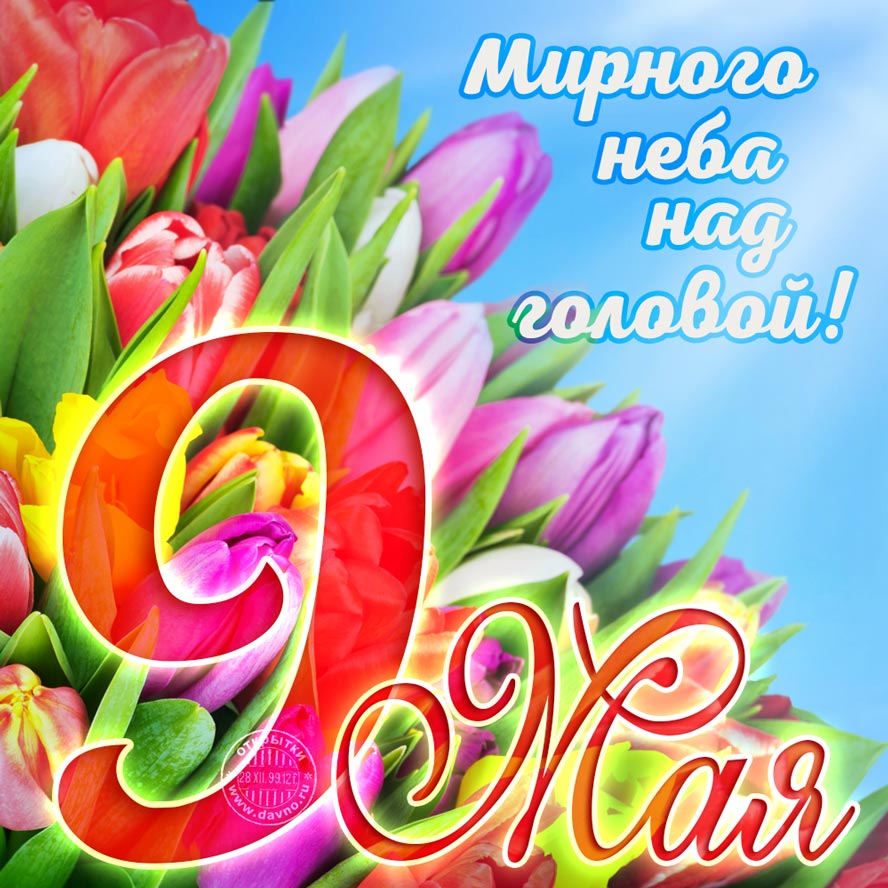Victory Day in Russia is celebrated on May 9 and the country’s second most popular public holiday after New Year’s Day.
The holiday marks the capitulation of Nazi Germany to the Soviet Union in the Second World War in 1945. Unlike Europe where it is celebrated on May 8, Victory Day in Russia is celebrated on May 9 as Germany’s surrender was signed late in the evening on May 8, 1945 when it was already May 9 in Russia. As known in April and early May 1945, with the Nazis retreating on both the Eastern and Western fronts, German troops had already begun surrendering in a piecemeal fashion. The Nazi regime negotiated a surrender with Britain and the U.S. on May 7 and it came into force the next day. But a chief concern for Nazi soldiers was being taken prisoner by the Red Army, which already held Berlin. So even when British Prime Minister Winston Churchill and United States President Harry Truman announced the war’s end German soldiers continued fighting Soviet troops until the following day.
Joseph Stalin declared the end of the war on May 9 on Soviet radio: “Your courage has defeated the Nazis. The war is over,”- he said.
Victory Day in Russia commemorates millions of people who lost their lives in the Second World War, known in Russia as the Great Patriotic War, and honors the bravery of Russian soldiers and Russian people on the whole whose heroism saved the country from Nazi invaders.
On this day celebrations and commemorative events are held all across Russia, with military parades taking place in the country’s major cities, the most spectacular one in Moscow’s Red Square.
Victory Day in Russia is a sacred holiday for Russians who often say that there is not a single family in the country who did not lose someone in that war. In modern Russia the anniversary remains not only a massive public celebration, but an intensely personal one for citizens of Russia and many of the former Soviet republics, whose collective casualties during World War II exceed 25 million.
The march and military parades take place in a handful of large Russian cities — largely from the so-called “hero cities.” This Soviet-era title was bestowed on 13 Soviet cities on the eastern front were Red Army and local fighters scored the most dramatic victories over Nazi forces such as Volgograd (formerly Stalingrad), Sevastopol and Brest.

